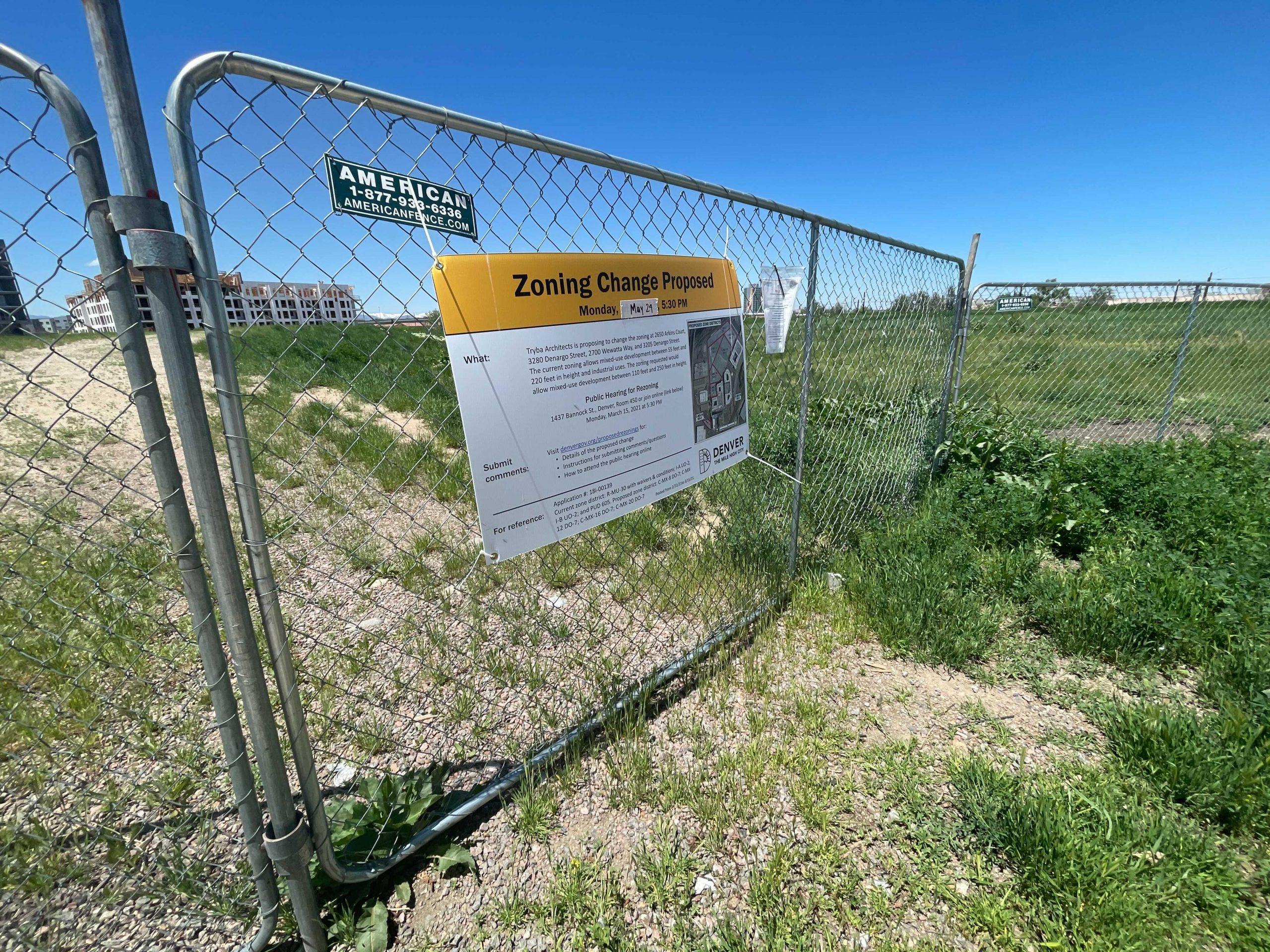A new apartment building goes up in your neighborhood. It’s blocking your view of the mountains, and the design is ugly as sin. You’re afraid it will further gentrify your neighborhood, and you and your beloved neighbors will be priced out. Why is your city council rep, who claims to care about such issues, allowing this monstrosity to be built, you wonder.
Or, someone’s building a massive single-unit home where multi-unit, mixed-use properties are allowed, but you want to see more density and retail in your neighborhood, maybe to accommodate some of the 115,000 people who’ve arrived in Denver over the past decade. More housing is the only way, as you see it, that younger generations can become homeowners. How is your council rep, who said they supported density, OK with this?
There’s a very good chance, in all of the hypothetical cases above, that your council member wouldn’t be informed about these new developments. That’s because members are usually only notified about a new project if a zoning rule has to be rewritten to accommodate it. And that’s pretty rare.
According to city numbers, in around 90% of cases, new buildings are allowed under current zoning codes that were passed years ago — some decades ago. Your council member has no immediate fix. That’s because, again, projects that are built according to current zoning code don’t get reviewed by city council, and council doesn’t have the power to block a development that is allowed.
But there are exceptions.
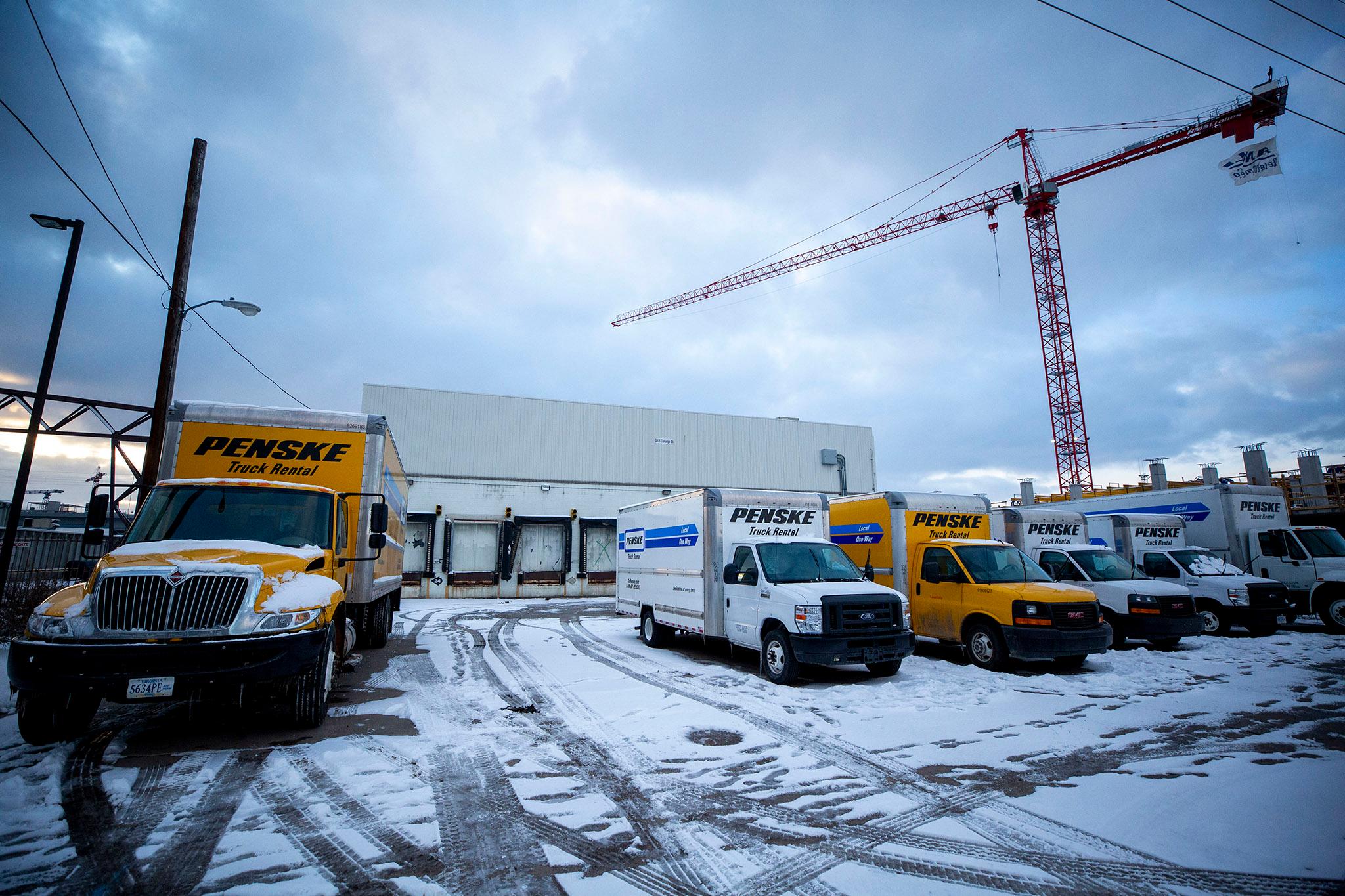
Some new developments require changing long-standing rules about what can and can’t be built. That’s called rezoning.
For that to happen lawfully, a property owner works with Community Planning and Development on a proposal, the public reviews it, and City Council decides whether to pass the changes. The way rezoning has been done has remained more or less the same for years. Even as the city’s vision for the future has changed.
Just like racial segregation was once a core value expressed through zoning code, equity and avoiding displacement are values city brass say they care about and want to put into code now.
Officials spelled out their commitment in Blueprint Denver, the city’s 2019 plan for how land is used and transportation works up until 2040.
This is how the plan defines equity: “Equity is when everyone, regardless of who they are or where they come from, has the opportunity to thrive. Where there is equity, a person’s identity does not determine their outcome. As a city, we advance equity by serving individuals, families and communities in a manner that reduces or eliminates persistent institutional biases and barriers based on race, ability, gender identity and sexual orientation, age and other factors.”
Now, each city department is looking at whether it’s living up to those standards.
Community Planning and Development oversees how land is used and buildings go up. As it tries to make its operations more equitable, one place it’s looking is rezoning.

To be equitable, the rezoning process, many argue, needs to catch up with the times.
Community Planning and Development has set out to change how rezoning works through what it’s calling the Advancing Equity in Rezoning project.
The big question: How should the rezoning process change? As city agencies are wont to do, Community Planning and Development came up with a process to amend the process. Yes, wonky. Here’s how it worked.
“Last fall, we shared a request for task force members across social media and through community groups across Denver,” a spokesperson for the department explained. “We received a tremendous response.”
Eighty people applied. Community Planning and Development narrowed that down to 25 community members who would participate. These include neighborhood activists from groups like Globeville, Elyria-Swansea Coalition Organizing for Health and Housing Justice and the East Colfax Community Collective.
Registered neighborhood organizations are at the table, including Capitol Hill United Neighborhoods, Curtis Park Neighbors and the Cherry Creek North Neighborhood Association. There are realtors, developers, lawyers and nonprofit types and a few city council members, including Stacie Gilmore and Amanda Sandoval.
That group met over Zoom on Wednesday, Jan. 12, with staff members from Community Planning and Development and facilitators, to make introductions, learn about what they had signed up for and begin discussing where inequity exists in current rezoning practices. ‘
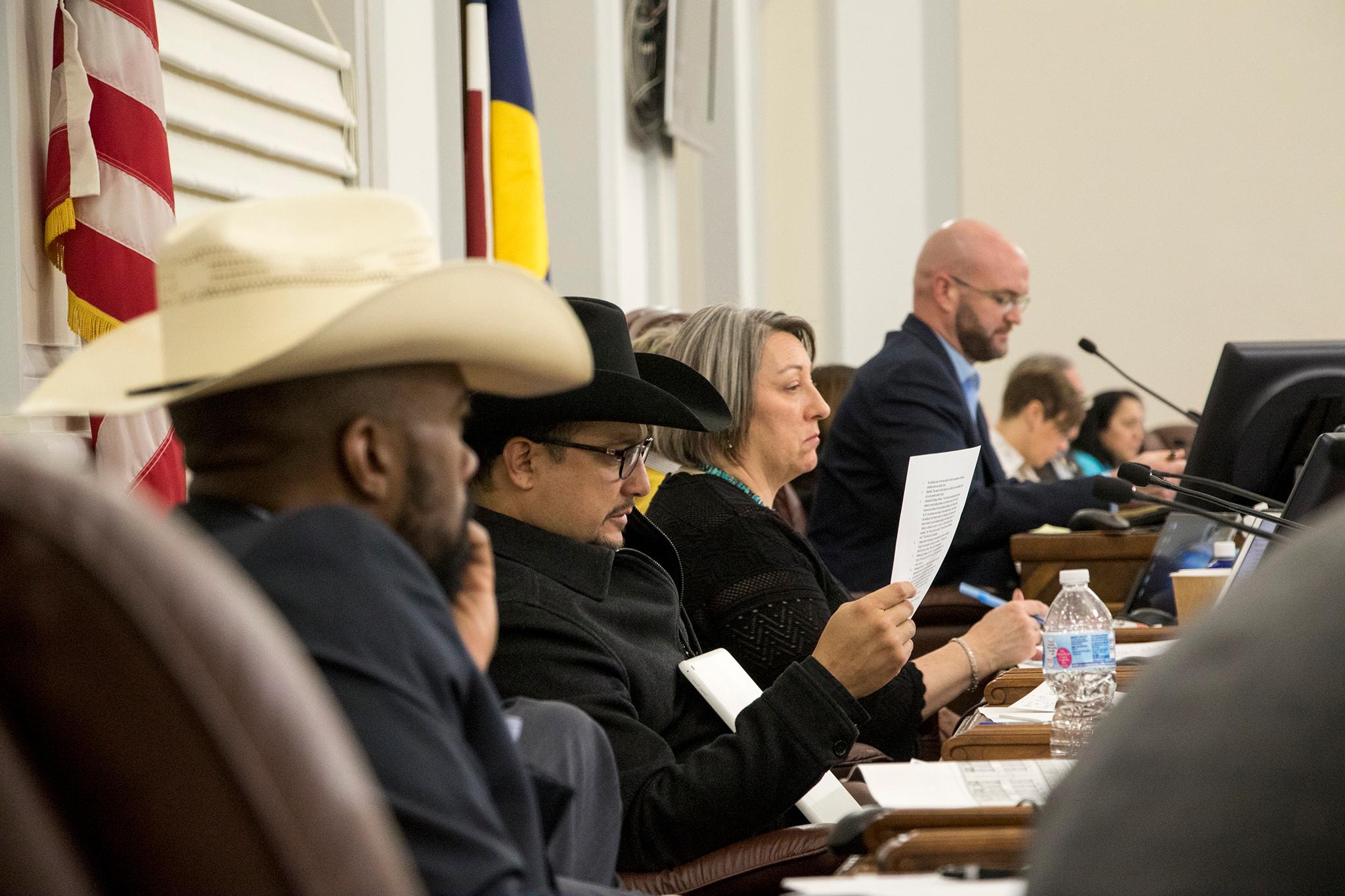
Here’s what the city says the task force will do:
“Task force members will help develop strategies to modernize the rezoning process in order to advance Blueprint Denver’s equity concepts by reviewing best practices for rezonings, identifying key issues rezoning applicants and communities currently encounter and refining alternatives and recommendations for improving this process.”
The language is jargony and inaccesible, and that’s one of the issues many on the task force have already raised.
Members will also consider:
- if the zoning code language is clear or, as one task force member put it, “written in hieroglyphs”
- if there is someone to help translate the code to people who aren’t specialists
- if it is too expensive to go through the process, which often requires lawyering up or working with a developer, both of which cost money
- whether the criteria for approving a rezoning needs to be rewritten to take equity into account?
- whether public outreach needs to be improved to ensure everybody who wants a say knows they have that opportunity
The task force will also consider the criteria City Council uses for deciding whether to approve a rezoning. This is what council currently uses:
- Is the rezoning consistent with adopted plans?
- Does the rezoning further public health, safety and welfare?
- Are there circumstances that justify the rezoning?
- Is the rezoning consistent with the neighborhood context?
- Does the rezoning align with the zone district’s purpose and intent?
- Would it result in consistent regulations for each property with the same zoning designation citywide?
The task force’s recommendations will be taken into account by Community Planning and Development, which will draft a proposal about how the Denver zoning code can be changed. City Council will have final say on that.
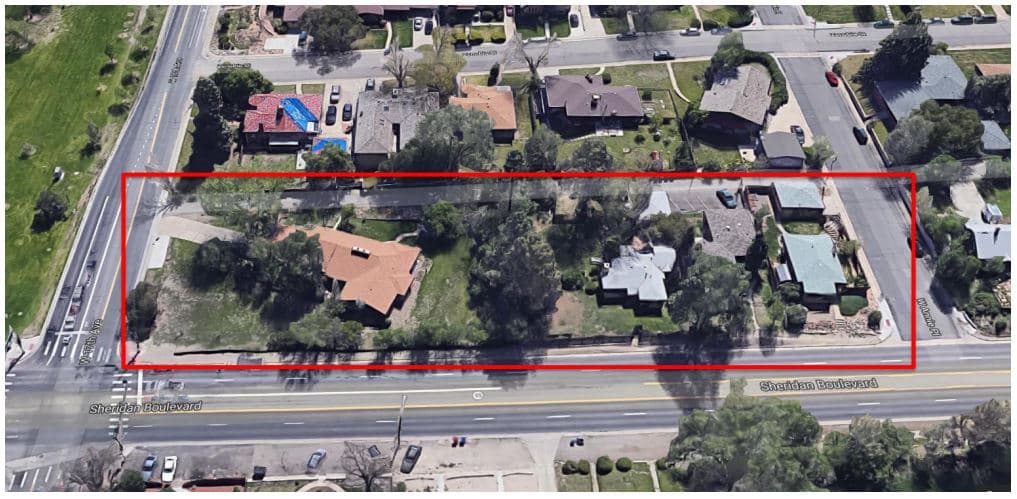
There is a lot that this task force is not doing.
The group won’t be considering any specific rezoning projects. So for those hoping to weigh in on the specific future of neighborhoods, blocks or properties, this process won’t involve any of that — at least, not directly.
The task force won’t be changing the rules of individual zone districts, attempt to stop development or even change City Council’s role in the process of rezoning.
The whole process will last about a year.
The task force will be analyzing and identifying problems in how rezoning works through the winter.
In the spring, the group will evaluate alternatives to how things currently work. From spring into summer, the group will narrow down its preferred approach to rezoning. Over the summer, Community Planning and Development will create the tools needed to pull off the recommendations.
Through fall 2022, the public at large will review the recommendations and the proposal will go to City Council for a vote. Assuming the fixes pass, Community Planning and Development will implement the changes by next winter.
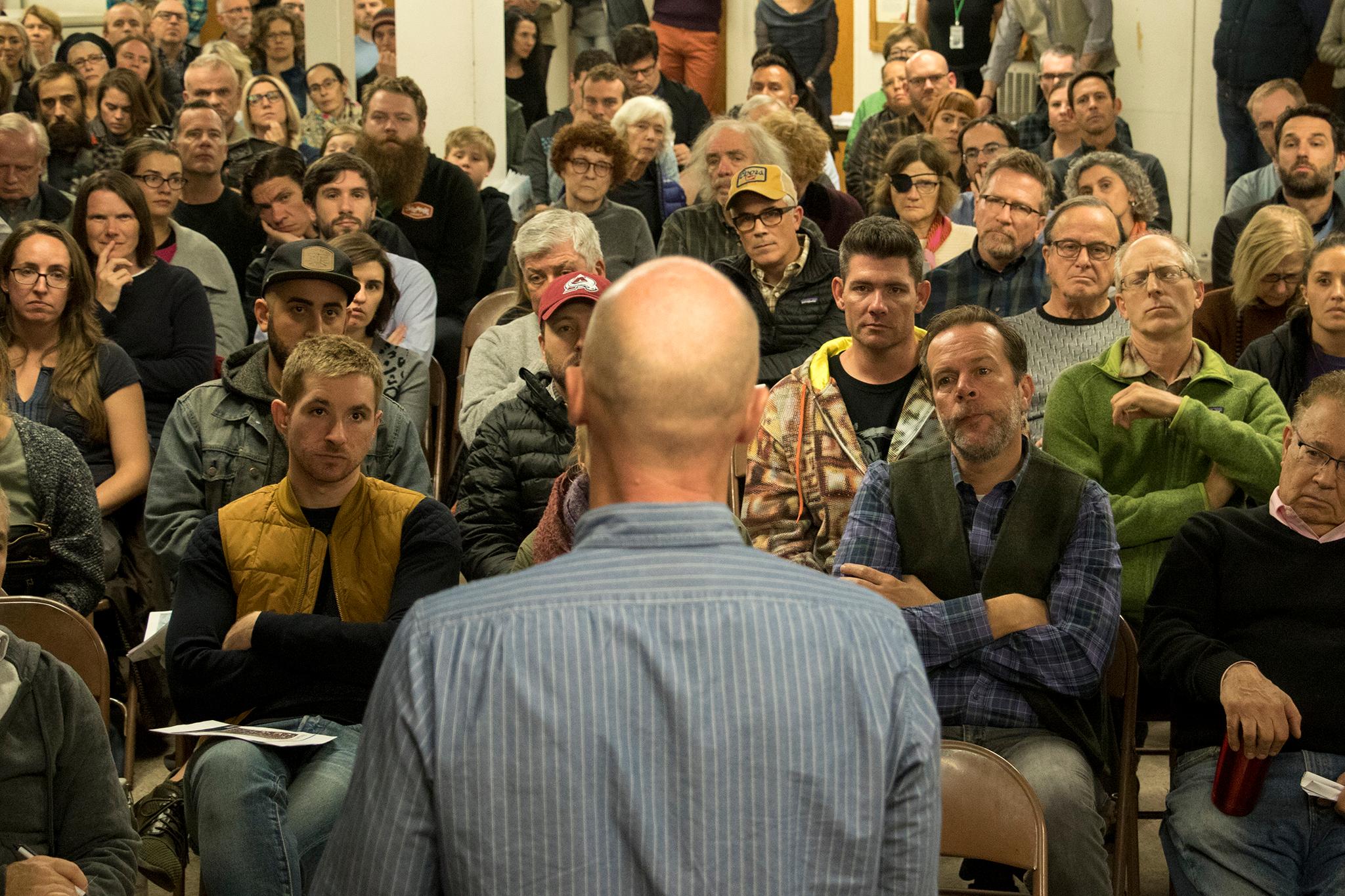
The public will have a chance to weigh in through the process.
Even if you’re not on the task force, you can observe task force meetings, which will be held over Zoom. You’ll also have multiple chances to weigh in through online surveys, public meetings and social media.
All of that can be accessed through the Advancing Equity in Rezoning website.

